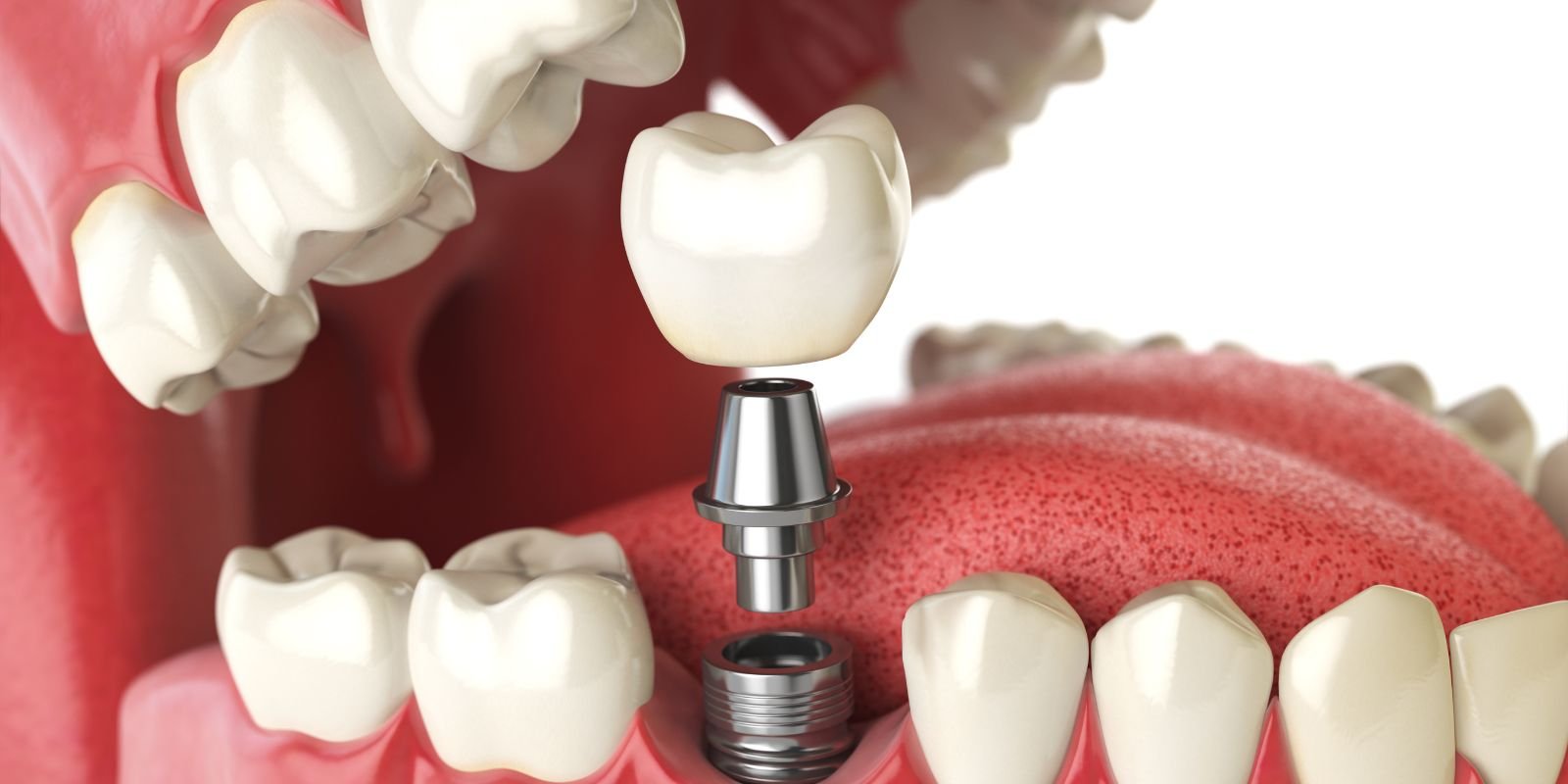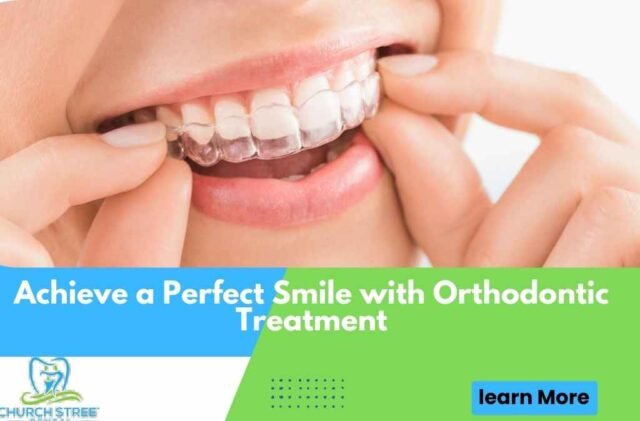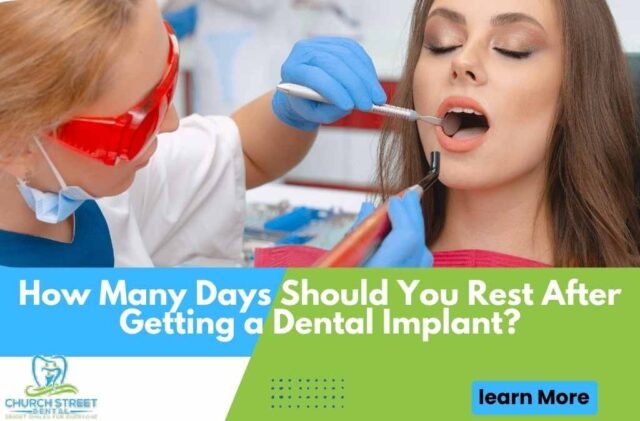When it comes to maintaining a healthy smile, protecting your teeth is crucial. Whether due to decay, injury, or post-procedure protection, dental crowns are a trusted solution for restoring damaged teeth. In this comprehensive guide, we’ll explore everything you need to know about dental crowns, including their benefits, types, materials, cost, and maintenance. We’ll also address how dental crowns strengthen weak teeth and how they compare to other restorative options like veneers. If you’re considering a dental crown to protect or enhance your smile, this guide is for you.
What Are Dental Crowns?
Dental crowns, also known as “caps,” are custom-made restorations designed to encase and protect damaged or weakened teeth. A crown covers the entire visible portion of a tooth, restoring its shape, size, strength, and appearance. They are commonly used for teeth that have been fractured, undergone root canal treatment, or are severely decayed. Crowns provide long-term protection and help you maintain the function and aesthetics of your smile.
Benefits of Dental Crowns for Damaged Teeth
One of the primary advantages of dental crowns is their ability to protect and restore damaged teeth. Here are some key benefits:
- Protection: Crowns act as a protective barrier, shielding weak or damaged teeth from further harm. This is especially useful for teeth that have undergone significant decay or a root canal.
- Restoration: A crown restores the natural function of a tooth, allowing you to chew, speak, and smile confidently.
- Aesthetic improvement: Modern dental crowns are designed to look just like natural teeth, offering a seamless appearance.
- Durability: When properly cared for, crowns can last for many years, providing a long-term solution for damaged teeth.
- Enhanced comfort: Unlike dentures or removable dental appliances, crowns are permanently affixed to the tooth, making them a more comfortable option for many patients.
Best Material for Dental Crowns: Which Should You Choose?
Choosing the best material for your dental crown is an important decision, as different materials offer varying benefits. Some of the most common materials used for dental crowns include:
- Porcelain or ceramic: These crowns are highly aesthetic, as they can be color-matched to your natural teeth. Porcelain crowns are ideal for front teeth due to their lifelike appearance.
- Zirconia: Known for its exceptional strength and durability, zirconia crowns are often used for back teeth that endure significant biting force. They also provide a natural-looking finish.
- Metal: Gold and other metal alloys offer superior strength and longevity, making them a great choice for molars. However, they are less aesthetically pleasing than ceramic crowns.
- Porcelain-fused-to-metal (PFM): These crowns combine the strength of metal with the natural appearance of porcelain, making them a versatile option for both front and back teeth.
Your dentist will help you select the best material based on the location of the crown, your budget, and your aesthetic preferences.
How Dental Crowns Protect Teeth After Root Canal Treatment
A root canal procedure can save a tooth from infection or decay, but it also leaves the tooth in a fragile state. Following a root canal, the tooth’s structure is compromised, making it more susceptible to fractures or damage. This is where dental crowns come in.
- Reinforcing the tooth: A crown protects the weakened tooth by encasing it in a durable material, preventing future fractures or breaks.
- Preventing re-infection: Crowns seal the tooth, reducing the risk of bacteria re-entering and causing further infection.
- Restoring function: After a root canal, the crown restores the tooth’s chewing ability and overall function.
In most cases, a dental crown is recommended after a root canal to ensure the tooth remains strong and functional.
Types of Dental Crowns for Broken Teeth
Not all crowns are created equal, and the type you choose can depend on various factors such as location, material, and cost. Here are some of the common types of dental crowns:
- Temporary crowns: These are used as a short-term solution while your permanent crown is being crafted. They protect the tooth during the interim period.
- All-ceramic crowns: These crowns are made entirely of ceramic or porcelain and are ideal for patients with metal allergies or those seeking the most natural-looking restoration.
- All-metal crowns: Made from alloys like gold, all-metal crowns are extremely durable and are typically used for molars.
- Porcelain-fused-to-metal (PFM) crowns: These crowns are a hybrid of metal and porcelain, offering the strength of metal with the aesthetics of porcelain.
- Zirconia crowns: Known for their superior strength, these crowns are often used on back teeth that endure heavy biting forces.
Each type of crown has its benefits, and your dentist will recommend the best option based on your specific needs.
How Long Do Dental Crowns Last?
One of the most common questions patients have is, “How long do dental crowns last?” The answer depends on several factors, including the material of the crown and how well it’s cared for.
- Porcelain crowns: These can last 10-15 years with proper care.
- Metal and zirconia crowns: These crowns are highly durable and can last 15-20 years or longer.
- Maintenance and care: Regular brushing, flossing, and dental check-ups will extend the life of your crown.
- Avoiding habits: Habits like teeth grinding (bruxism) or chewing on hard objects can shorten the lifespan of your crown. Your dentist may recommend a nightguard if you grind your teeth.
With the right care, your dental crown can offer many years of protection and functionality.
Dental Crowns vs. Veneers: Which Is Better for Tooth Protection?
Patients often wonder whether a dental crown or a veneer is the better choice for restoring their teeth. While both options can improve the appearance and function of teeth, they serve different purposes.
- Dental crowns: Crowns encase the entire tooth and are used to protect severely damaged, decayed, or weakened teeth. They offer the best protection and durability.
- Veneers: Veneers are thin shells that cover the front surface of a tooth. They are primarily used for cosmetic purposes and are ideal for minor chips, cracks, or discoloration. Veneers do not provide the same level of protection as crowns.
- Which is better?: If your tooth is structurally damaged or has undergone a root canal, a crown is the better option for long-term protection. If you’re looking for a cosmetic enhancement without significant damage, a veneer may be a better choice.
Cost of Dental Crowns for Damaged Teeth
The cost of dental crowns can vary based on factors like the material used, the location of the tooth, and the dentist’s experience. Here are some general price ranges:
- Porcelain crowns: $800-$3,000 per tooth, depending on the complexity of the case and the location.
- Metal crowns: $800-$2,500, depending on the alloy used (gold crowns tend to be more expensive).
- Zirconia crowns: $1,000-$3,000 per tooth.
- Insurance coverage: Many dental insurance plans cover part of the cost of crowns, especially if they are needed for functional reasons. Be sure to check with your provider for coverage details.
- Financing options: Many dental clinics offer payment plans or financing options to make crowns more affordable.
It’s important to consider the long-term benefits of dental crowns when assessing the cost. A well-crafted crown can last for many years, making it a worthwhile investment in your oral health.
Dental Crown Care and Maintenance Tips
Taking care of your dental crown is essential to ensure its longevity and maintain your oral health. Here are some tips to keep your crown in great shape:
- Brush and floss regularly: Treat your crown just like a natural tooth. Regular brushing and flossing will help prevent decay around the crown and keep your gums healthy.
- Avoid hard foods: Chewing on hard foods, ice, or non-food items (like pens) can cause your crown to chip or crack.
- Wear a nightguard: If you grind your teeth, a nightguard can protect both your natural teeth and your crown from excessive wear.
- Schedule regular dental check-ups: Your dentist will check the health of your crown during routine visits and address any issues before they become problematic.
By following these care tips, you can extend the life of your dental crown and enjoy a healthy smile for years to come.
Protect Your Smile with Dental Crowns
Dental crowns offer a reliable and effective way to protect damaged teeth, restore function, and enhance your smile. Whether you’ve experienced tooth decay, undergone a root canal, or need to strengthen a weak tooth, dental crowns provide a durable and aesthetically pleasing solution.
At Church Street Dental, located in Chicopee, MA, we offer a wide range of dental services, including custom dental crowns. Our team of experienced professionals is here to help you restore your smile and protect your teeth for years to come. Contact us today to learn more about how we can help you achieve a healthy, confident smile.






